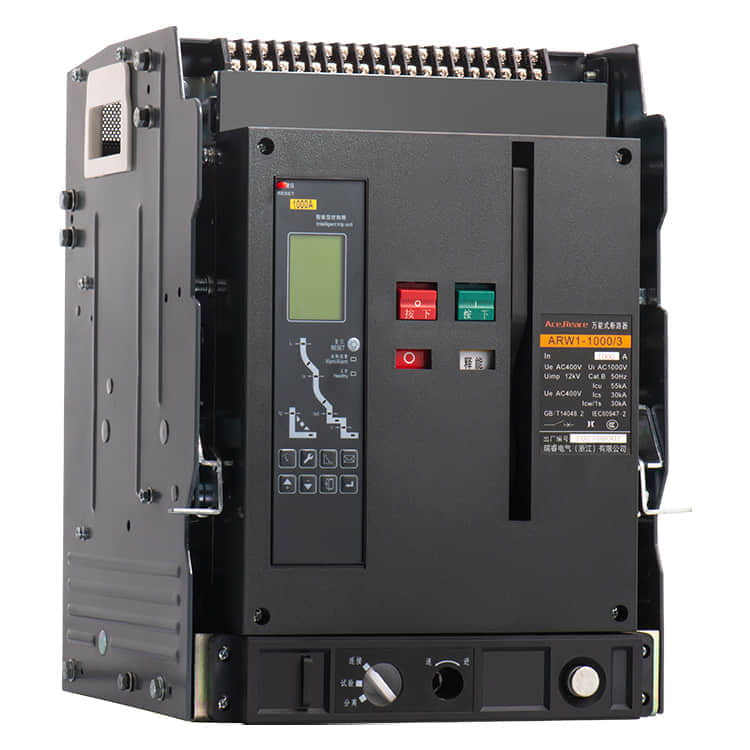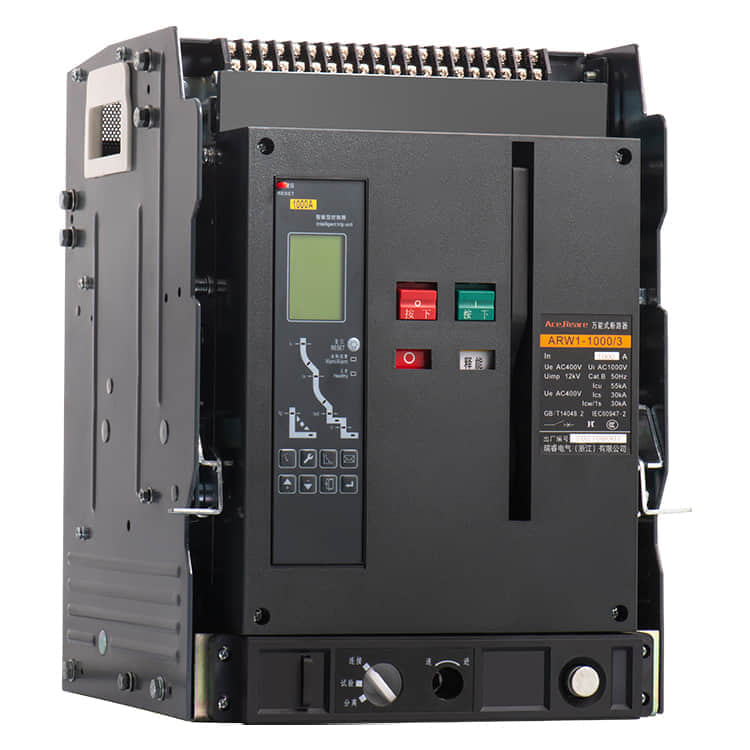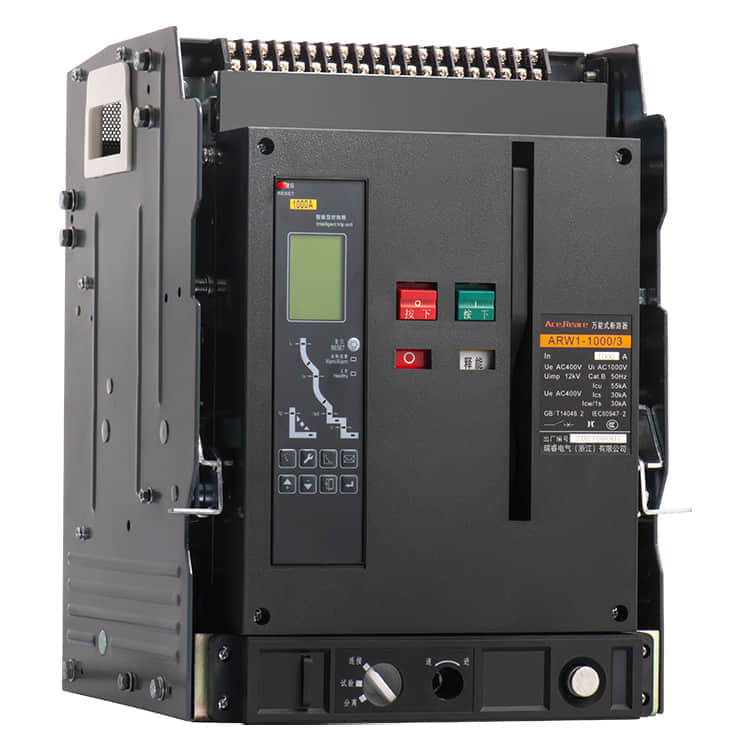The 1250 Amp MCCB (Molded Case Circuit Breaker) is a critical component in electrical systems, designed to protect circuits from overloads and short circuits. As a highly reliable and efficient device, the 1250 Amp MCCB is widely used in industrial, commercial, and residential settings to ensure safety and prevent damage to electrical equipment. This article will delve into the key features, benefits, and applications of the 1250 Amp MCCB, as well as its role in modern electrical infrastructure.

What is a 1250 Amp MCCB?

A Molded Case Circuit Breaker (MCCB) is an electrical protection device that automatically disconnects the power supply to a circuit when an overload or short circuit is detected. The 1250 Amp version refers to its current rating, meaning it can handle electrical loads up to 1250 Amperes. MCCBs are typically used for high-capacity applications, offering adjustable trip settings for both overload and short circuit protection. Unlike traditional fuses, MCCBs can be reset after tripping, making them more cost-effective and efficient in the long run. Key Features of the 1250 Amp MCCB Adjustable Trip Settings: One of the primary advantages of the 1250 Amp MCCB is its adjustable trip settings. This feature allows the user to customize the protection level based on the specific needs of the electrical system. For example, the trip settings can be configured for both overload protection (which prevents overheating) and short circuit protection (which prevents damage from sudden surges in current).
